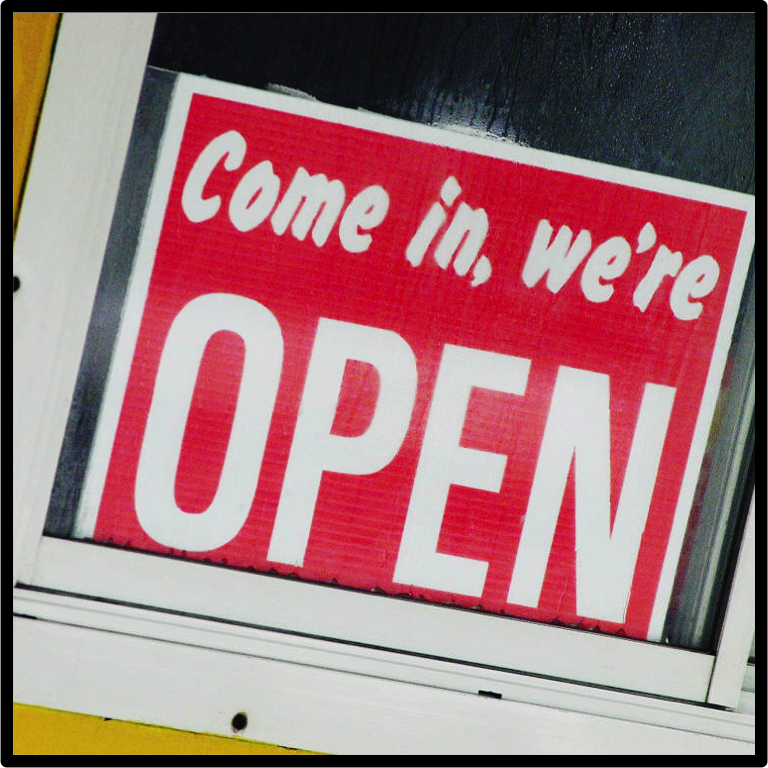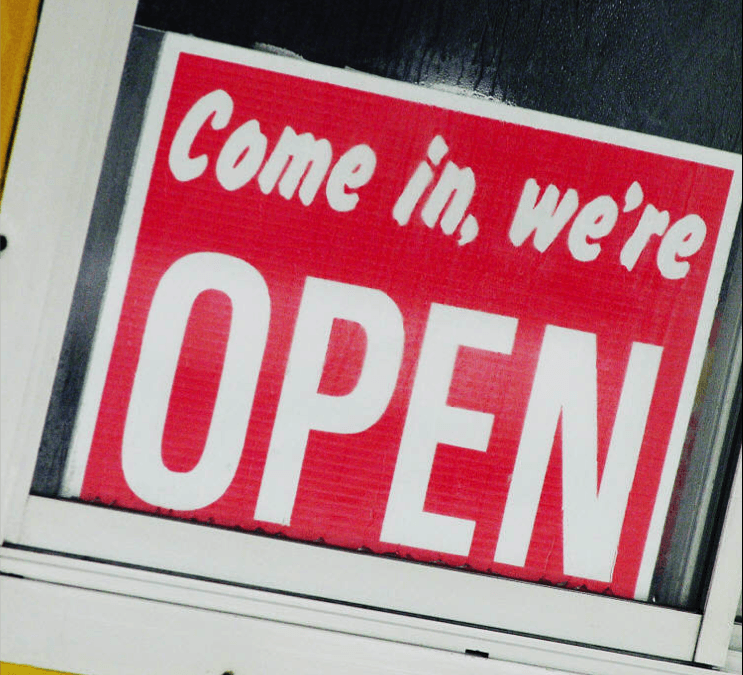So, my kick on problem-solving has run its course (for now). Which makes me wonder what should I rant talk about next? And it’s pretty obvious to me. I need to talk about purpose.
 Exactly one week ago, I was closing out a meeting with a group of 35 young, South African, potential entrepreneurs. We had spent the days prior fleshing out what it takes to establish a successful business. We had explored the idea that great entrepreneurs solve problems. We had hammered on the idea that business requires a disciplined approach. We had discussed how to bring innovation, the generation of revenue, financial stewardship, legal and moral accountability, and consistent operations into alignment. But I was really underscoring the idea that purpose is the starting point for the whole thing.
Exactly one week ago, I was closing out a meeting with a group of 35 young, South African, potential entrepreneurs. We had spent the days prior fleshing out what it takes to establish a successful business. We had explored the idea that great entrepreneurs solve problems. We had hammered on the idea that business requires a disciplined approach. We had discussed how to bring innovation, the generation of revenue, financial stewardship, legal and moral accountability, and consistent operations into alignment. But I was really underscoring the idea that purpose is the starting point for the whole thing.
So let me back up a bit.
What exactly is purpose? Merriam-Webster says that purpose is something to be attained. Dictionary.com goes one step further (thankfully). It says your purpose answers the question “Why do you exist?” And I completely agree with that definition. Your purpose becomes the anchor point for your vision, values, and even the goals that you pursue. If the values that you live by violate your purpose, you will have major conflicts. If you have goals that violate your purpose, you will most likely never achieve them. Or literally destroy yourself in the process by chasing after goals that suck the life out of you.
From a personal standpoint, you have a purpose to living. There is a reason – there is always a reason – why you exist. Just remember that the purpose is often not just about you. Your purpose is often intertwined with others, not in some dysfunctional, co-dependent way, but in some community-driven, relational way. We are all meant to help other people and impact the greater world around us, sharing what we are uniquely gifted to share.
From a professional standpoint, your purpose is the most important  aspect of your business. Why you exist for your customers, and what you provide as a result, is the foundation of your credibility with customers. (Trust me: if you don’t have credibility, you have nothing. Try to negotiate, problem-solve, etc. without credibility. It’s painful, to say the least.) I would even go so far as to say that if you are trying to build credibility from anything other than your purpose as a business, not only is your credibility at risk, but the very justification for your existence in the marketplace is at risk as well.
aspect of your business. Why you exist for your customers, and what you provide as a result, is the foundation of your credibility with customers. (Trust me: if you don’t have credibility, you have nothing. Try to negotiate, problem-solve, etc. without credibility. It’s painful, to say the least.) I would even go so far as to say that if you are trying to build credibility from anything other than your purpose as a business, not only is your credibility at risk, but the very justification for your existence in the marketplace is at risk as well.
Consider this example: a salesperson is talking with clients, day in and day out. She is working tirelessly to establish and protect her credibility at all times. But she is not getting support from her own company. Customer Service keeps dropping the ball. Accounting keeps messing up invoices. IT keeps ignoring her requests. Marketing keeps spewing out meaningless content.
I would propose that the most likely root cause of the entire problem lies in an organization that has lost its purpose. Instead of living the unified purpose as a larger organization, people (even whole departments) have replaced the greater purpose with whatever purpose they have created for themselves. This disjointed approach to purpose is like a multi-headed monster with each brain barking its own orders. It will cause all kinds of problems when it comes to the customer’s experience. Including the sales rep redefining her own purpose in reaction to the lack of unified purpose in her company.
 How can you even try to build credibility within this context? It’s IMPOSSIBLE. Eventually, clients will tire of the monster that is “us” and run away – or even start whacking at our heads in Herculean style. Our justification for existence will disappear.
How can you even try to build credibility within this context? It’s IMPOSSIBLE. Eventually, clients will tire of the monster that is “us” and run away – or even start whacking at our heads in Herculean style. Our justification for existence will disappear.
And we often live in the same way. Whenever we try to let the various parts of our lives create their own purpose (i.e. a purpose at home, a different purpose at work, a different purpose at play, etc.), we begin to feed a monster within us that will eventually shut us down (hello, mid-life crisis) or force us (hopefully) to grab a sword and start hacking. At the inconsistencies. At the hypocrisies. At the conflicts.
In both our personal lives and our organizations.
Imagine an individual life where purpose defines priority. Where purpose creates action. Where purpose fuels the moment.
Imagine an organization where purpose defines priority. Where purpose creates action. Where purpose fuels the moment.
You see, the principles don’t change whether they are applied personally or professionally. Purpose is that fundamental to living in healthy, vibrant ways. And it’s time we start identifying where our purpose is off-track or fragmented. Personally and professionally.
I’m not done with this rant, but for now, I ask you to think about this. Are you living your purpose?
You decide if I’m asking about your personal or professional context.
I mua. Onward and upward.
By Tim Ohai


Tim, this is really an important post. It’s a topic I’m on and I’d love to see you write much more about it. There is a difference between organizations and individuals who are purpose driven and those that aren’t. It’s one of those things that’s hard to explain, but you immediately recognize it when you see it.
I’m really looking forward to seeing you explore this more.
Thank you, Dave.
I am definitely going to camp on this topic in my usual, every other week, kinda way…